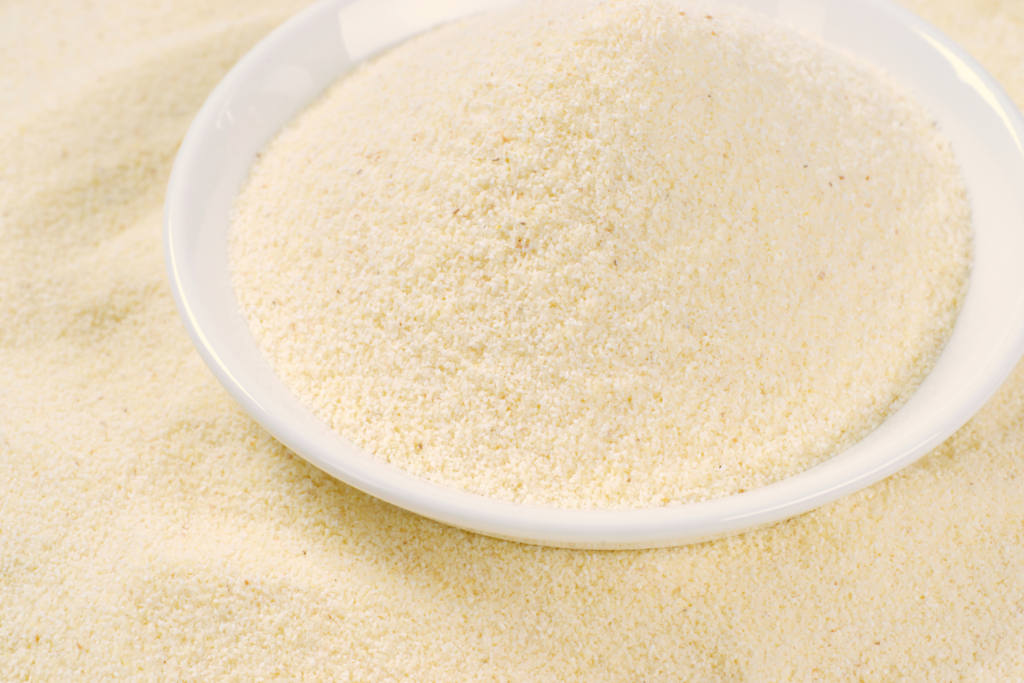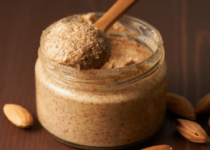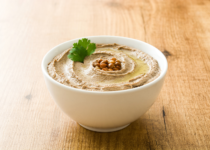Can Dogs Eat Grits?

Can Dogs Eat Grits? Examining the Safety and Nutritional Value
As pet owners, we strive to provide our furry companions with a well-balanced diet that meets their nutritional needs. When it comes to sharing human food with dogs, it’s essential to know which foods are safe and which ones should be avoided. Grits, a popular Southern dish made from ground corn, may raise questions among dog owners. In this article, we will explore the topic “Can dogs eat grits?” and examine the safety and nutritional considerations associated with feeding grits to our canine friends.
Understanding Grits:
Grits are a classic dish made from ground corn that is often cooked into a porridge-like consistency. They are commonly enjoyed as a breakfast staple or as a side dish. While grits are a well-loved human food, it is crucial to determine their suitability for dogs.
Can Dogs Eat Grits? Examining Safety:
- Digestive Concerns:
When considering whether dogs can eat grits, their digestive system must be taken into account. Dogs have a different digestive process than humans and may have difficulty breaking down certain foods. Grits are primarily made from corn, which can be challenging for dogs to digest. Consuming large amounts of grits may lead to digestive upset, including diarrhea, gas, or bloating. - Potential Allergies:
Just like humans, dogs can develop allergies to various foods, including corn. Corn allergies are relatively common in dogs, and consuming corn-based products like grits may trigger allergic reactions. Symptoms of an allergic reaction in dogs can include itching, skin rashes, gastrointestinal upset, or even more severe responses like difficulty breathing or anaphylaxis. If your dog has a known corn allergy, it is best to avoid feeding them grits. - Nutritional Considerations:
While grits may provide some nutritional value to humans, it is important to evaluate their nutritional benefits for dogs. Grits are primarily composed of carbohydrates and lack essential nutrients that dogs require in their diet, such as protein, healthy fats, and certain vitamins and minerals. Feeding grits as a significant part of a dog’s diet may lead to imbalances and deficiencies.
Benefits of Grits for Dogs:
- Source of Energy:
Grits are primarily made up of carbohydrates, which can provide a quick source of energy for dogs. This can be beneficial for highly active dogs or those engaging in vigorous physical activities. However, it is important to ensure that dogs receive a well-rounded diet that includes other essential nutrients. - Palatability:
Some dogs may find the taste and texture of grits appealing. Introducing small amounts of cooked grits can add variety to their diet and make mealtime more enjoyable. However, it is crucial to note that palatability alone should not be the sole factor in determining a dog’s diet. - Moderation and Occasional Treat:
While grits may not offer significant nutritional value for dogs, they can be given as an occasional treat in small amounts. Moderation is key, and grits should not be a significant component of a dog’s diet.
Additional Considerations:
Dental Health:
One aspect to consider when feeding grits to dogs is their impact on dental health. While the soft texture of cooked grits may not provide significant dental benefits, chewing on them can help promote jaw muscle strength and stimulate saliva production, which aids in maintaining oral hygiene. However, it’s essential to brush your dog’s teeth regularly and provide dental chews or toys specifically designed to support dental health.
Weight Management:
As with any treat, including grits in your dog’s diet should be done mindfully, especially for dogs prone to weight gain or obesity. Grits are calorie-dense and primarily composed of carbohydrates, which can contribute to weight gain if fed excessively. To prevent overfeeding and maintain a healthy weight, it’s crucial to factor in the calories from grits when calculating your dog’s daily caloric intake and adjust their diet accordingly.
Allergy Testing:
If you’re unsure whether your dog has a sensitivity or allergy to corn, consider conducting an allergy test under the guidance of a veterinarian. Allergy testing can help identify specific allergens that may trigger adverse reactions in your dog, including those found in corn-based products like grits. By pinpointing potential allergens, you can make informed decisions about your dog’s diet and minimize the risk of allergic reactions.
Consultation with a Veterinary Nutritionist:
For dogs with unique dietary requirements or health concerns, consulting with a veterinary nutritionist can provide valuable insights and recommendations tailored to your dog’s individual needs. A veterinary nutritionist can assess your dog’s current diet, evaluate the nutritional adequacy, and offer personalized guidance on incorporating grits or other foods into their meal plan. Working with a professional can help ensure your dog receives optimal nutrition and support their overall health and well-being.
In conclusion, while grits may be safe for dogs to consume in moderation, it’s essential to consider various factors such as digestive tolerance, potential allergies, dental health, weight management, and consultation with a veterinary nutritionist. By taking a holistic approach to your dog’s diet and considering their individual needs and preferences, you can make informed decisions about incorporating grits or other treats into their routine. As always, prioritize your dog’s health and well-being by monitoring their response to new foods and seeking professional guidance when needed.


